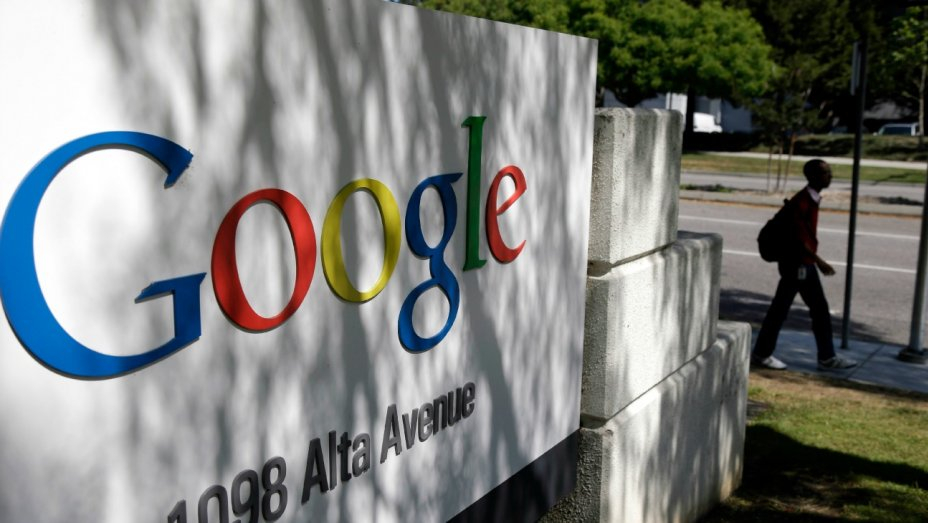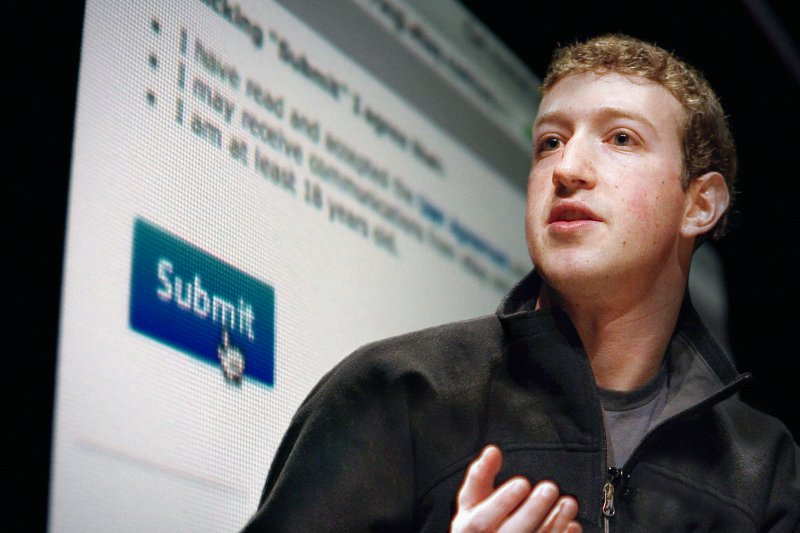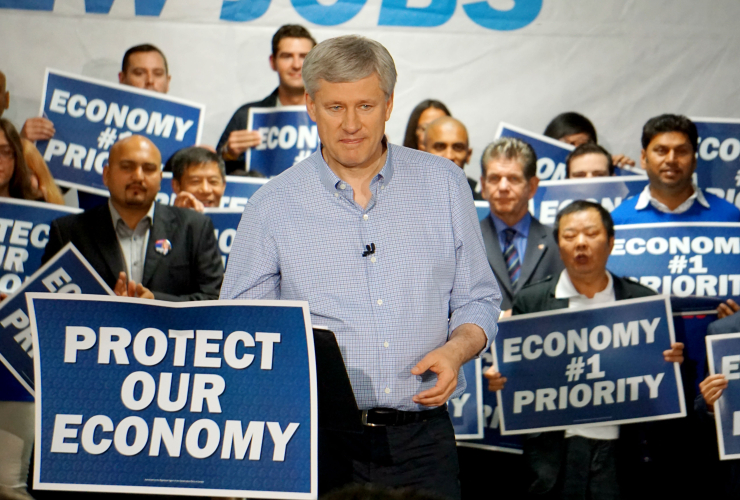When Postmedia CEO Paul Godfrey went cap in hand to Ottawa, seeking tax relief and government incentives to save his company, few observers could contain their mirth. Yet nobody connected the dots to the fresh Panama Papers revelations, the massive global tax evasion story that broke just three days earlier.
Canadian journalists, it seems, have not yet solved the murder of their own profession.
Do Google and Facebook pay tax on Canadian earnings?
Let’s start with the federal government’s own ad spend on daily newspapers. In the seven years since 2008/09, it’s plummeted from 18 per cent of the government’s advertising budget to less than one per cent today.
In a pattern repeated across the advertising sector, Canadian print media hemorrhaged millions of dollars to the government's online advertising, which now swallows some $14 million (or 27 per cent) of the total spend. The bleeding hasn’t stopped, as mobile advertising continues to overtake print media at a spectacular pace. Online advertising is now dominated by Facebook and Google.

That puts costly investigative journalism on life-support, and these two companies are pulling the plug.
Yet despite their substantial sales and marketing operations in Canada, both companies process all transactions in US dollars directly to their US headquarters.
Neither charges GST.
So here are the Panama Papers questions Canadians should be asking:
Do Google and Facebook receive federal government ad revenue, and if so, are they taxed on that income?
Do they pay any tax here on their Canadian earnings?
France has the same question.
France raids Google in tax fraud investigation
In the early morning hours on Tuesday, 100 French police, including five magistrates and 25 forensic IT specialists, raided Google’s Paris headquarters as part of an ongoing tax fraud investigation.
Video of police raid in Google's Paris headquarters on May 24, 2016 by AFP
Prosecutors said that their investigation “aims to verify whether Google Ireland Ltd has a permanent base in France and if, by not declaring parts of its activities carried out in France, it failed its fiscal obligations, including on corporate tax and value added tax.”
The valued added tax, or VAT, is Europe’s GST. Sound familiar?
Google didn't respond to questions from National Observer asking how much it collects in sales taxes and how much it pays to the Canadian government.
It told Reuters this week that it complies "fully with French law."
While not named in the Panama Papers, Facebook and Google are engulfed in its European firestorm due to their use of the same aggressive tax strategies. They employ Irish corporate entities and Caribbean tax havens to drive their tax rate virtually out of existence.
Last year the Guardian reported that Facebook’s total 2014 UK tax remittance was less than $7000, which happens to be less than the tax bill of the average British wage-earner. Using its network of corporate entities in Ireland and Cayman, Facebook had reportedly collected more than $1 billion in UK earnings tax-free out of the country, according to the Daily Mail.
Facebook pays $7,000 tax to UK, hands out $534 million in employee bonuses
That same year, according to Reuters, Google sheltered some $15 billion (CAD) in Bermuda. Its corporate tax rate has been reported as low as 2.4 per cent. And it's not paid to the countries that generate the income.
The Guardian reported in March that the European Commission is set to table legislation forcing Google, Facebook, Apple and other large multinationals to publicly disclose their profit and tax arrangements with each of the EU governments where they operate.
When overwhelming public outcry drove tax reforms in the UK, Google was compelled to pay $240 million in back taxes. This deal still drew harsh criticism. Meantime, Facebook has similarly been forced to invoice most sales through Facebook UK rather than the Irish affiliate.
Although that arrangement was expected to yield hundreds of millions in tax to UK coffers going forward, Facebook immediately offset its UK tax liability by declaring an award of $534 million (CAD) in bonuses to its UK employees over the next three years.
When asked to provide details about its tax planning in Canada and abroad, Facebook told National Observer in a statement: “We have always, and will continue, to meet our tax obligations everywhere we operate.”
France’s Tuesday gambit is a signal that Europe has had it with the shell games.
Canada should join them.
Instead of asking the federal government to provide his own company with tax incentives and subsidies, Paul Godfrey should ask them to level the playing field and tax Facebook and Google.
Such a move would generate some serious cash. With combined global earnings set to top $100 billion this year, Facebook and Google’s Canadian sales are likely to exceed $1 billion, including multi-million dollar federal, provincial and municipal government contracts. The GST alone would make a serious dent.
And all Canadian government ad earnings should be declared and taxed right here at home, period. We have no business subsidizing American tech giants at the expense of Canadian news organizations.
Google and Facebook are, respectively, the world's 2nd and 5th largest publicly traded companies, with a combined value over $800 billion. Yes, billion.
Postmedia's market valuation has crashed from $1.1 billion in 2010 to less than $10 million. It employs about 3000 workers, precariously, for now.
Facebook is the same size, in market capitalization terms, as the entire North American auto sector, which directly employs one million workers. Facebook employs fewer than 13,000.
They produce no content, they employ almost no one, and it's immaterial to them if users read the New York Times or watch panda videos. Because users aren't their customers. Their customers are advertisers.
Google and Facebook have invented the world's most diabolically ingenious advertising platform and presented the rest of the world's media with a Sophie's Choice: get on our platform and die, or stay off our platform and die.
Either way, their business model relies on implicit tax subsidies paid by the very people whose jobs they're eliminating.
Call in the CRA
The irony in all this is that it took months and even years of diligent and tenacious investigative journalism to break these stories of unconscionable tax avoidance.
This kind of professional reporting can’t be done on Twitter by an amateur with a laptop, or even by a young J-school grad. The journalism that broke these stories required experienced hands, legal and financial training, painstaking cultivation of anonymous sources, and a platform for widely delivering the message. It took a financial model that supports and develops those skills.
The kind of journalism that broke the Google and Facebook tax stories and the Panama Papers and Watergate and Edward Snowden is a bulwark of democracy, safeguarding the integrity of our public and financial institutions, and holding the powerful to account.
And Facebook and Google are roasting it over an open flame, preparing to savour its liver with a nice Chianti.
Time to pick up the phone to Europe, and then the CRA.
Because there’s more at stake here than just money.
According to a new study released by the Pew Research Center, 62 per cent of Americans now get their news from social media websites. The study also says that 44 per cent of the general population is getting its news from Facebook.
While it's impossible to turn back time and fully revive the business model of old school newspapers, they were more than just a business.
A free press is the only industry that is constitutionally enshrined in our Charter of Rights and Freedoms. That provision is there to protect democracy, not shareholder value.
We all have a dog in that fight.
With files from Valentina Ruiz Leotaud
I think Google and Facebook
I think Google and Facebook are two of the most inventive world changing companies that have emerged in my lifetime. But I hate how they have eviscerated journalism and how little regard they show for it, what a centralizing force they are. I am happy to learn that Canada Heritage is going to be talking with Canadians and seeking feedback about what Canadians want to see them do in terms of navigating the digital age. They're asking a fundamental question: how important is Canadian content?






Comments